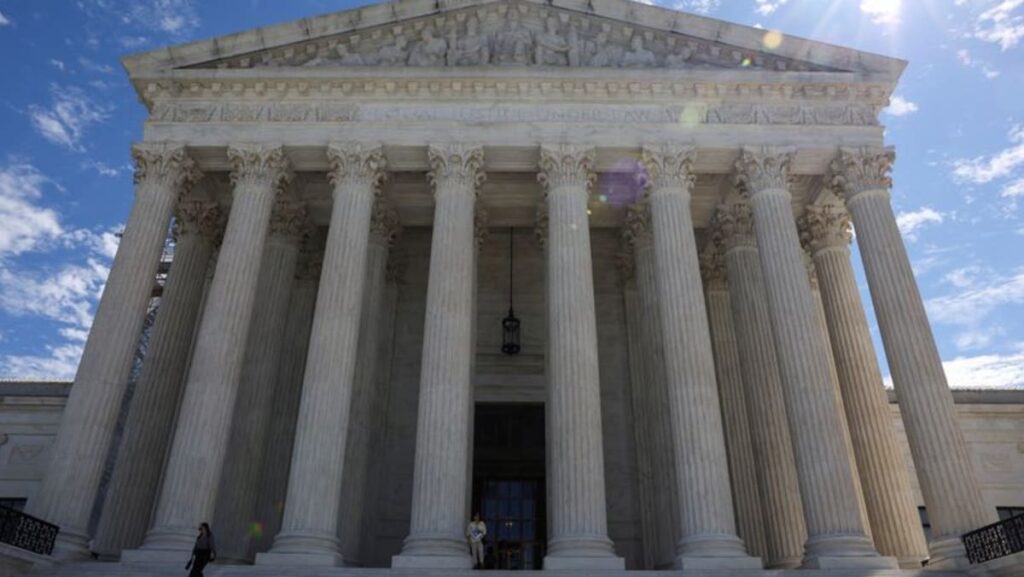WASHINGTON: The US Supreme Court on Monday declined to hear a lawsuit by CareDx over organ-rejection tests made by Natera and Eurofins Viracor, turning down another request to revisit the contentious issue of patent eligibility.
The justices turned away CareDx’s appeal of a lower court’s ruling that invalidated patents that the Brisbane, California-based company had accused its medical diagnostics rivals of infringing. The justices announced their action on the first day of their new nine-month term.
CareDx sued Austin, Texas-based Natera and Viracor, a Kansas-based subsidiary of Luxembourg’s Eurofins Scientific, in 2019, accusing them of infringing patents related to its AlloSure blood test for monitoring kidney transplants. The patents, which CareDx licenses from Stanford University, cover methods of measuring levels of an organ donor’s DNA in a transplant recipient’s blood to predict whether their body will reject the organ.
CareDx accused Natera’s competing Prospera test and Viracor’s TRAC Kidney test of violating its patent rights.
The patent-focused US Court of Appeals for the Federal Circuit ruled last year that the patents were invalid, affirming a Delaware federal judge’s decision that they relate to the unpatentable idea of detecting natural phenomena.
CareDx told the Supreme Court that it was “overdue” to address the issue of patent eligibility, which the company said has been particularly difficult for makers of medical diagnostics.
The Supreme Court last addressed patent eligibility in the 2014 case Alice Corp v CLS Bank International, which helped establish a two-part eligibility test along with a 2012 ruling on diagnostic patents, Mayo Collaborative Services v. Prometheus Laboratories. The test requires courts to determine if an invention involves an unpatentable abstract idea, natural phenomenon or law of nature – and if so, whether it includes an inventive concept that would make it patentable.
Critics have said the standard has caused confusion about what inventions can be legally protected and led to the cancellation of valid patents in many fields.
The justices have turned down several appeals related to patent eligibility despite the urgings of the past two presidential administrations and the Federal Circuit, whose 12 active judges asked the Supreme Court in 2019 to take up the issue.
Justice Brett Kavanaugh said in Monday’s order from the Supreme Court that he would have granted CareDx’s petition.
Read the full article here










